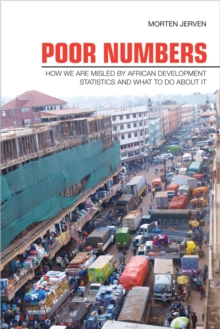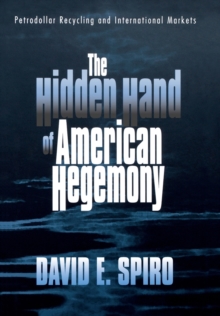
Closing the Gold Window : Domestic Politics and the End of Bretton Woods PDF
by Joanne Gowa
Part of the Cornell Studies in Political Economy series
Description
On August 15, 1971, President Nixon announced that the United States would no longer convert dollars into gold or other primary reserve assets, effectively ending the Bretton Woods regime that had governed post-World War II international monetary relations.
Complementing earlier works that emphasize international political and economic factors, Joanne Gowa's book examines the ways in which domestic influences contributed to this crucial action. In Closing the Gold Window, she argues that the mid-1971 decision was the consequence, in part, of the high priority Nixon administration officials assigned to maintaining U.S. freedom of action at home and abroad. She also maintains that the organization of the U.S. government for the conduct of international monetary policy played a role in the decision that ended the Bretton Woods regime.
Information
-
Download - Immediately Available
- Format:PDF
- Pages:208 pages
- Publisher:Cornell University Press
- Publication Date:15/05/2019
- Category:
- ISBN:9781501745195
Information
-
Download - Immediately Available
- Format:PDF
- Pages:208 pages
- Publisher:Cornell University Press
- Publication Date:15/05/2019
- Category:
- ISBN:9781501745195










